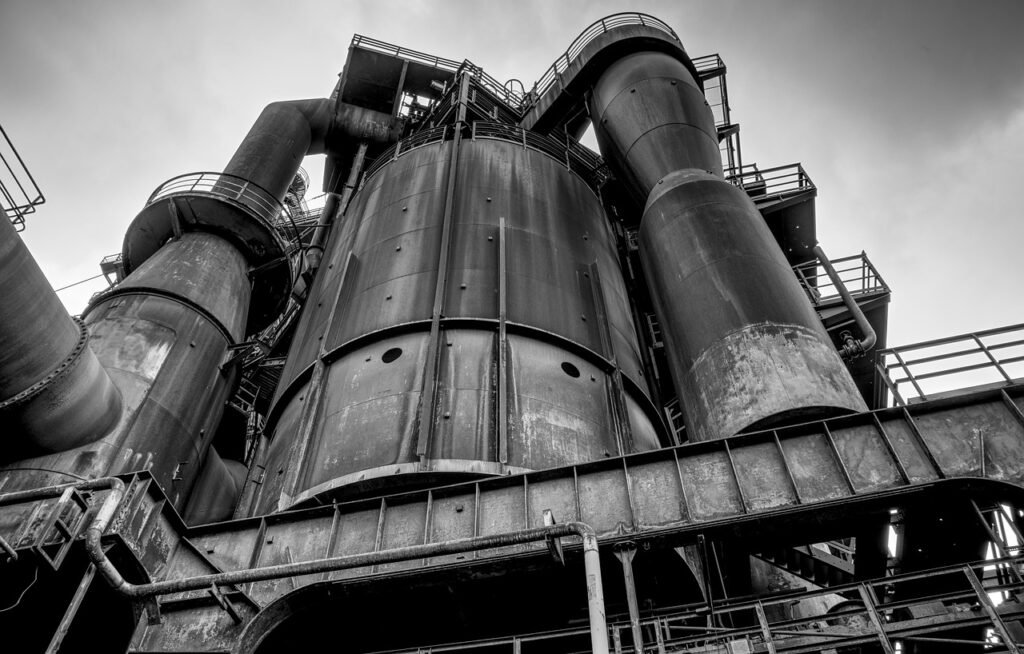The Industrial Revolution was a period of profound economic, technological, and social change that began in Britain in the late 18th century and spread throughout Europe and North America during the 19th century. Here are some key facts about this transformative era:
- Origin: The Industrial Revolution is commonly dated from around the late 18th century, with the invention of the spinning jenny and the steam engine, which revolutionized textile production and mechanized various aspects of manufacturing.
- Mechanization of Production: One of the defining features of the Industrial Revolution was the widespread adoption of machinery and mechanized production methods, leading to increased efficiency and productivity in industries such as textiles, iron and steel, coal mining, and transportation.
- Urbanization: The Industrial Revolution spurred rapid urbanization as people migrated from rural areas to cities in search of employment in factories and mills. This influx of workers transformed the landscape of cities and gave rise to new social and economic challenges.
- Technological Innovations: The Industrial Revolution saw the development of numerous technological innovations, including the steam engine, the cotton gin, the telegraph, the railroad, and the mechanized loom, which revolutionized transportation, communication, and manufacturing processes.
- Impact on Society: The Industrial Revolution had profound social and economic consequences, including the emergence of a new social class, the industrial working class, and the widening gap between the wealthy industrialists and the impoverished labourers. It also brought about significant changes in family structure, education, and living standards.
- Factory System: The factory system, characterized by centralized production in large-scale industrial facilities, became the dominant mode of manufacturing during the Industrial Revolution. This system enabled mass production and specialization of labour but also led to harsh working conditions and labour exploitation.
- Global Expansion: The Industrial Revolution had far-reaching effects beyond Europe and North America, as industrialization spread to other parts of the world, including Asia and Latin America, through colonialism, imperialism, and globalization.
- Environmental Impact: The Industrial Revolution had significant environmental consequences, including air and water pollution, deforestation, and the depletion of natural resources. These environmental challenges continue to be felt today and have prompted efforts to mitigate their effects through environmental regulation and conservation.
- Economic Growth: The Industrial Revolution transformed economies by fostering unprecedented economic growth and prosperity, fueled by technological innovation, increased productivity, and expanded markets.
- Legacy: The Industrial Revolution laid the foundation for the modern world, shaping the trajectory of human history and laying the groundwork for the development of industrialized societies and the global economy.
These facts offer a glimpse into the complexity and significance of the Industrial Revolution, a pivotal period that continues to shape our lives and the world we live in today.
